About our Food Hub
The TUSA Food Hub offers free and affordable food to all UTAS students! Whether you’re after fresh fruit and veggies, pantry staples, ready-made meals or personal care items, we’re here for you every week!
We’re here to support student wellbeing and reduce food insecurity across all campuses. We also run free cooking classes and community lunches to help you eat well, learn new skills, and connect with others.
Click on your nearest Food Hub below to see what’s on!
Want to Help Out?
Proudly Supported By:
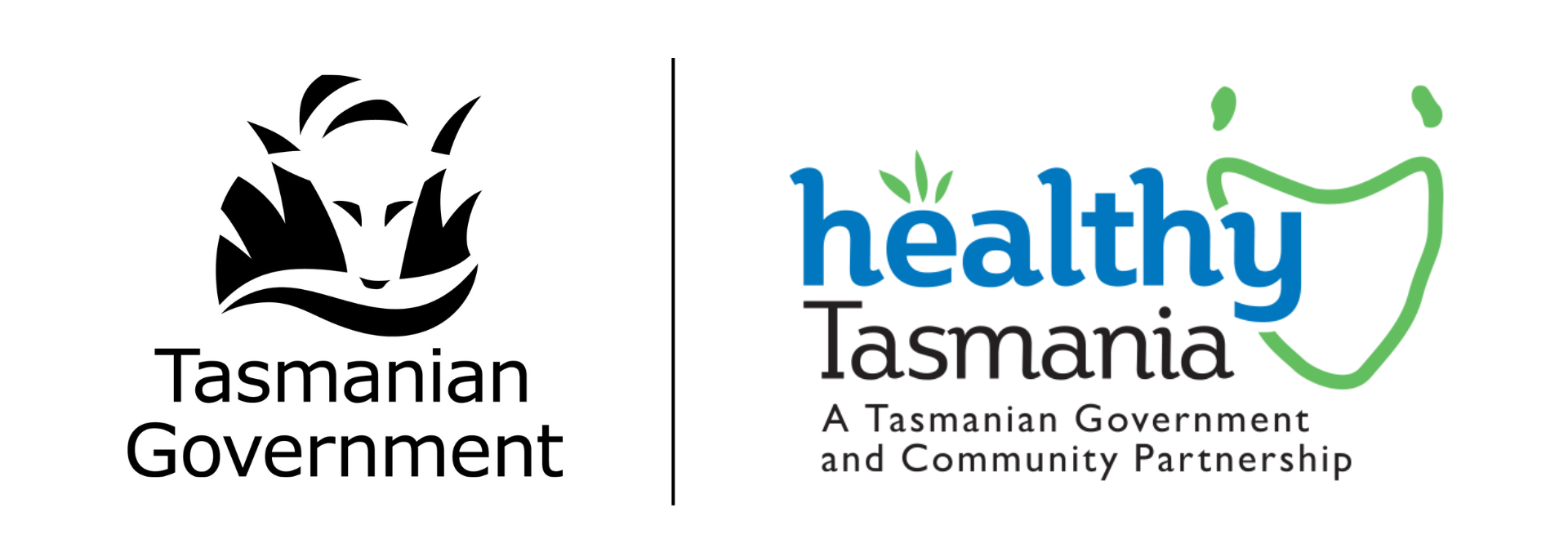
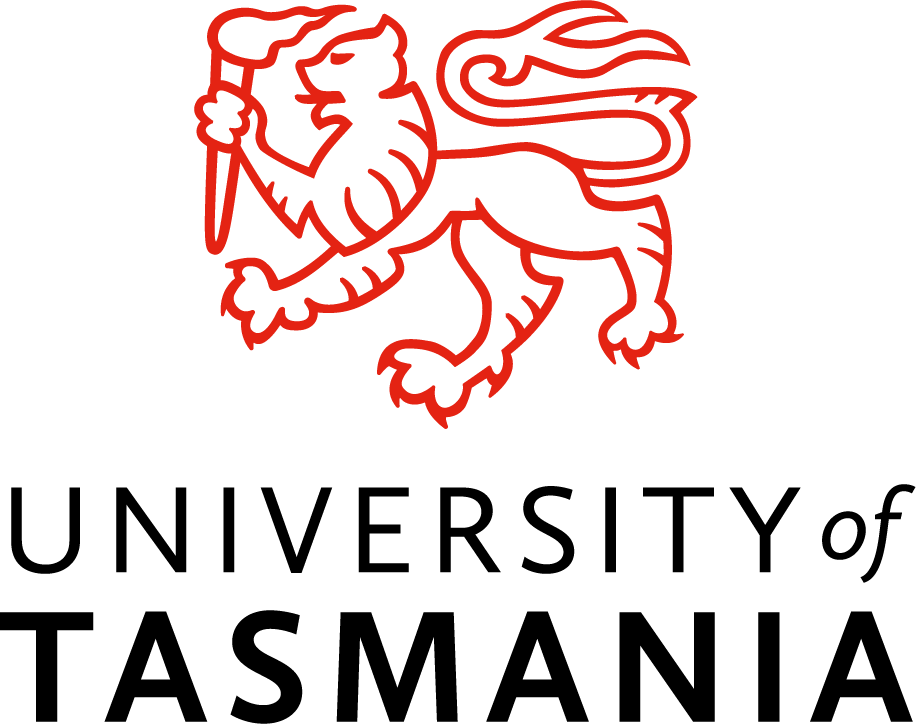
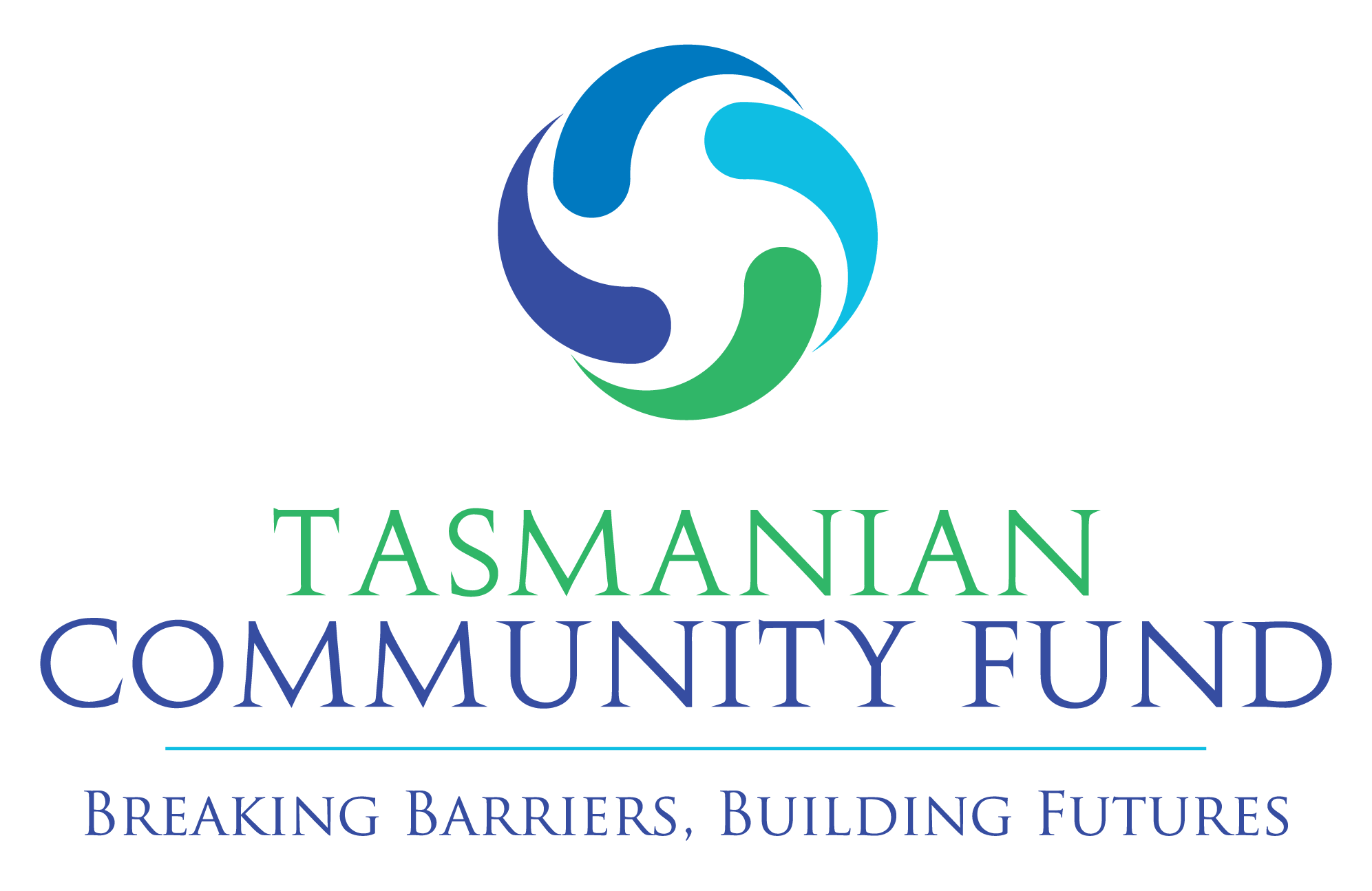
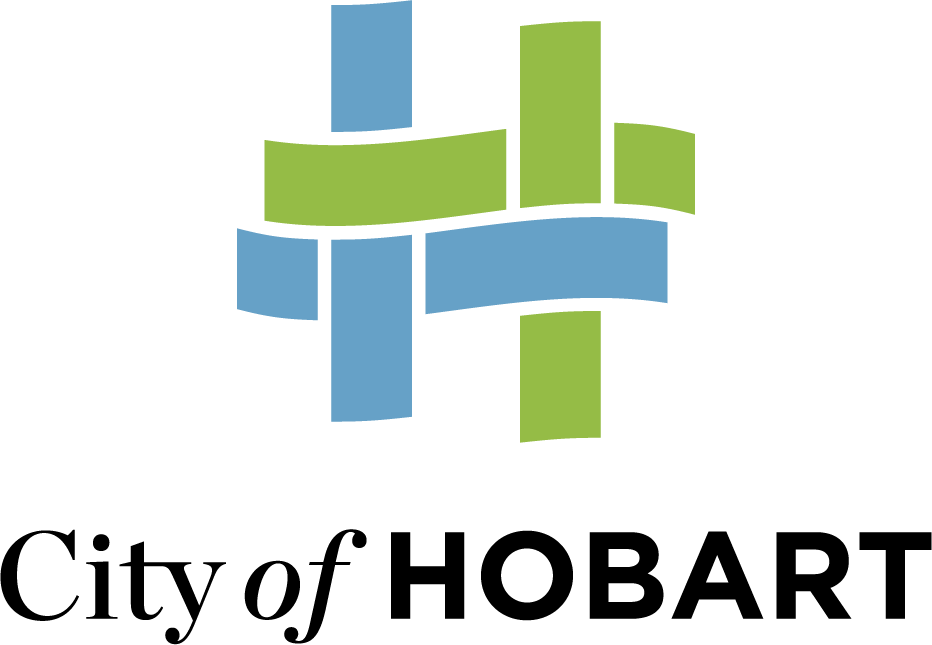
Program Partners
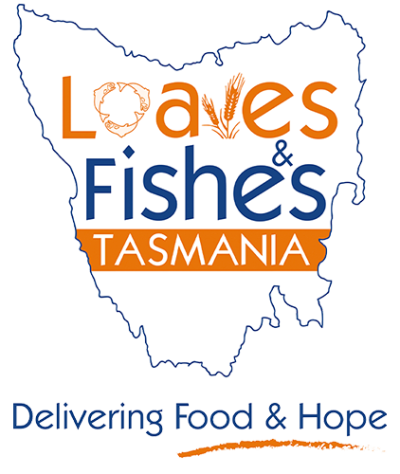
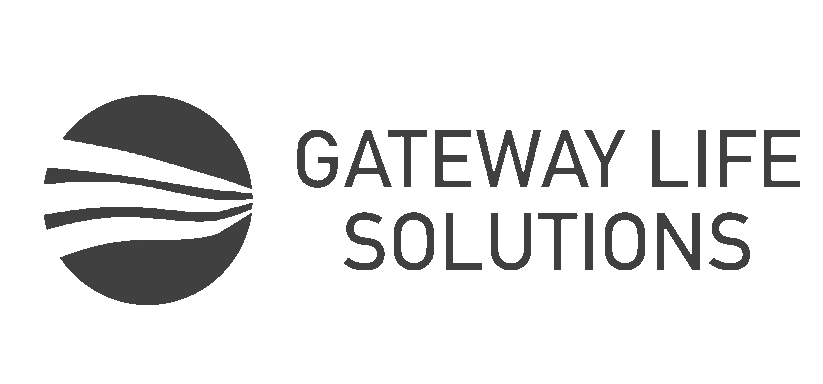
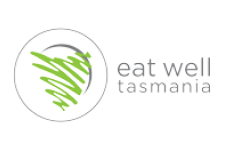
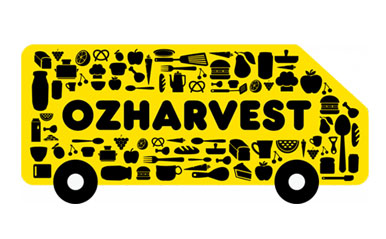
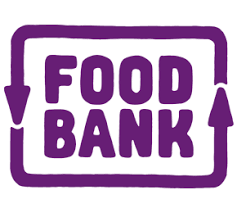
Discover how TUSA is tackling food insecurity at the UTAS. Our 2024 Year in Review highlights the impact of our Food Hubs, Food Education initiatives and events across UTAS campuses. With student voices, key data, and inspiring partnerships, this report showcases a the impact of the program.
Read the full report to see how we’re creating change, one meal at a time: Food Security Program Year in Review 2024

